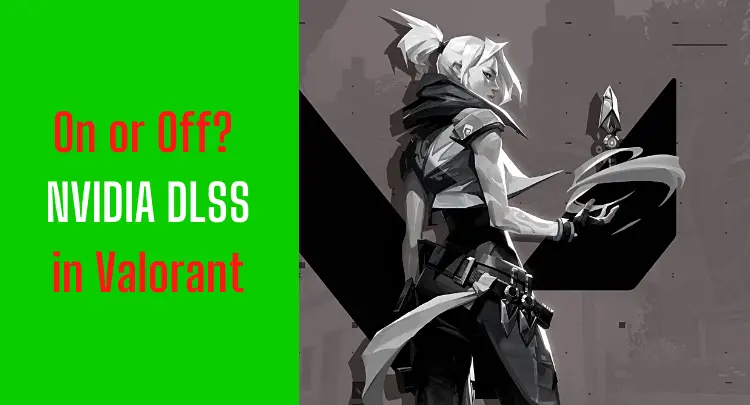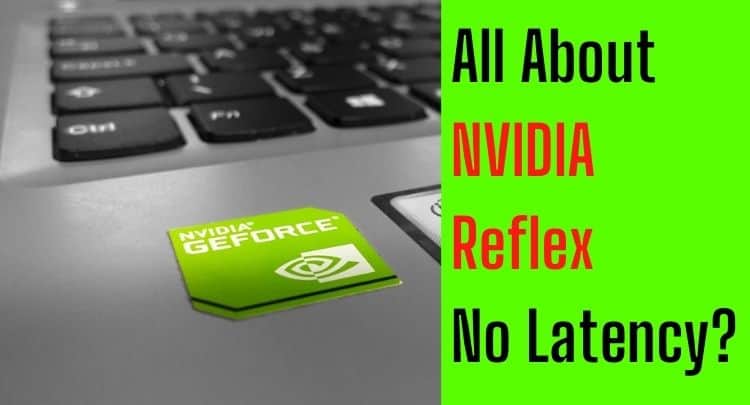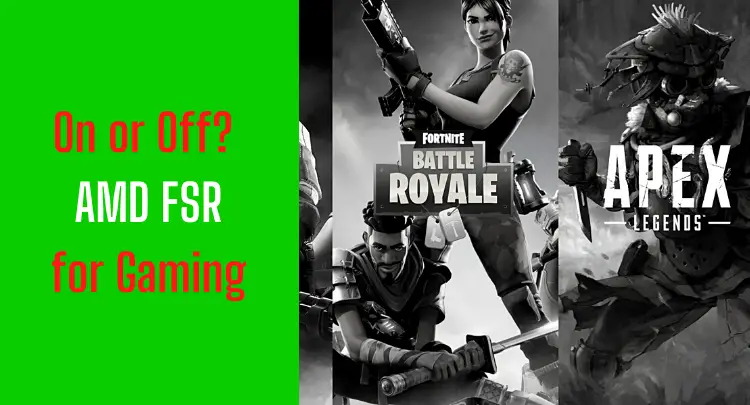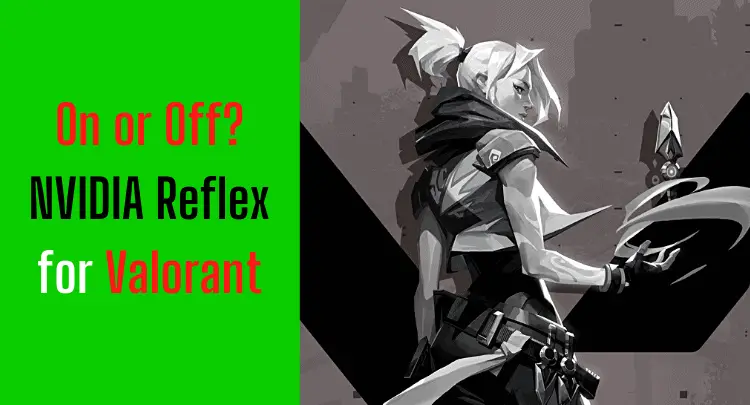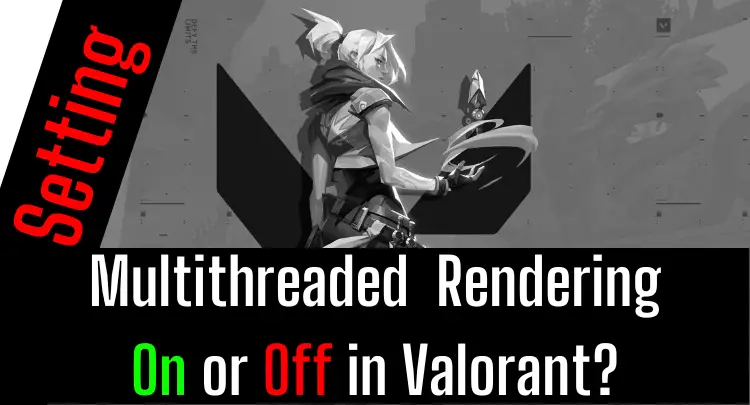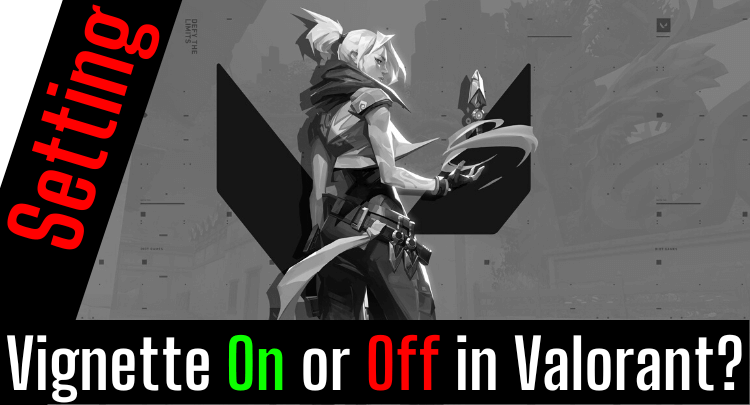Deep Learning Super Sampling, or DLSS for short, is another impressive feature in NVIDIA’s technology stack. At least the RTX 20 and 30 series graphics cards support this feature. In addition, a growing number of games now support DLSS as well.
I have used many technical tips and tricks and tested many features from hardware manufacturers in over 20 years of competitive gaming, including Valorant. In the end, I’m always interested in whether the performance of the game is improved and at the same time, of course, there a technology should not come with disadvantages.
DLSS is supposed to have precisely this effect, according to NVIDIA, and that’s why I immediately tested it with different games. To the question of whether to enable DLSS in Valorant, I’ll give you a condensed answer first:
In general, enabling Deep Learning Super Sampling (DLSS) leads to performance improvements in the Unreal Game Engine. DLSS reduces input latency and improves frames per second (FPS) for games that support this technology. Valorant does not support DLSS.
Different games were compared with and without DLSS enabled in this Youtube video. Naturally, your hardware configuration is guaranteed to be different and thus produce different results, but for a first impression, the video is interesting:
Note: This article was written in English. Translations into other languages may not provide the same linguistic quality. We apologize for grammatical and semantic errors.
Is DLSS 2.X Supported in Valorant?
In general, the Unreal Engine used by Valorant is supported. According to the list of supported games from NVIDIA, Valorant does not support DLSS 2.X. A rollout of the feature in Valorant is not planned.
NVIDIA DLSS supports the Unreal Engine used by Valorant, and other games like Fortnite have already integrated DLSS into the game. So, in theory, Riot could incorporate this feature. Unfortunately, there are currently no official plans in this direction.
You’re probably wondering now why Riot denies players this feature. I explain it to myself with the purpose of the game. The core is a focus on esports and fair play.
DLSS is proprietary and only works with certain graphics cards. (See the complete list here in a new browser tab)
Conversely, this means that many players will have to do without these optimizations. Just reducing input latency can give a player an advantage that is not desirable in a fair competition.
From Riot’s perspective, DLSS is a type of doping that is not equally available to all players. Therefore, the decision not to support DLSS is only logical from this standpoint.
Does DLSS Improve or Hurt Input Latency in Valorant?
In general, DLSS 2.X reduces the input latency of a supported video game. Tests with the Unreal Engine used by Valorant show that it depends on many hardware factors how significant the influence of DLSS on the input latency is.
Many comparative tests of various FPS games show that DLSS really positively influences the input latency.
Besides the implementation of DLSS in the game itself or the underlying game engine, of course, your hardware components play a significant role.
DLSS is mainly generated by the Graphical Processor Unit (GPU) on your graphics card. The so-called tensor cores within the GPU contain the logic of the AI rendering technology.
However, tasks are also outsourced to the CPU. So it doesn’t only matter which NVIDIA graphics card you have installed, but also how powerful the CPU is.
No one can tell you how positively DLSS will affect your configuration and thus the game you play.
There have been cases where the input latency has been reduced by 60%.
If you can enable NVIDIA Reflex Mode, you should certainly notice a noticeable effect in the game. If you are not familiar with NVIDIA Reflex, you can learn more about it here:
Honest recommendation: You have the skill, but your mouse doesn't support your aiming perfectly? Never struggle with your mouse grip again. Masakari and most pros rely on the Logitech G Pro X Superlight. See for yourself with this honest review written by Masakari or check out the technical details on Amazon right now. A gaming mouse that fits you makes a significant difference!
Does DLSS Improve or Hurt FPS in Valorant?
In general, DLSS 2.X increases the number of frames per second (FPS) of a supported video game. Tests with the Unreal Engine used by Valorant show that it depends on many hardware factors how significant the influence of DLSS on the FPS is.
Many factors play a role in the calculation of a frame. It starts with the selected resolution in the game, goes over CPU, RAM, and hard disk up to the graphics card.
Numerous tests (and I don’t mean the marketing material from NVIDIA) have proven that DLSS enables more FPS in every supported game.
This can lead to an FPS increase of up to 100% in FPS games. Depending on your equipment, it can be as little as 5%.
The result is incredibly individual, so I can only recommend simply enabling DLSS and measuring the FPS baseline beforehand.
DLSS can’t harm the FPS since, in principle, fewer graphical elements have to be calculated here through intelligent optimization. And the saved power can be converted into more FPS.
Does DLSS Affect Quality?
According to many different testings, DLSS in version 2.X has a minimal effect on graphics quality if the performance mode is used. The release version of DLSS had affected the image sharpness too much at low resolutions.
As mentioned in the previous point, DLSS in performance mode is a trade-off. It reduces graphics quality and thus reduces latency and gains FPS.
The trick with NVIDIA DLSS is that you don’t almost notice this trade-off in the game. This is because the AI in the GPU automatically looks for optimization opportunities.
So the graphics quality is actually reduced, but in the best case, it’s hidden so that you as a player don’t notice any difference.
Just try it out.
Enable DLSS in Performance mode, and you’ll instantly see if the graphics quality changes for your eyes.
How to Turn On DLSS in Valorant
According to the list of supported games from NVIDIA, Valorant does not support DLSS. A provision of the function in Valorant is not planned.
At this point, there are no steps to activate the function. As soon as Valorant supports DLSS, we will add instructions here.
Should I Use DLSS or FSR in Valorant?
According to NVIDIA and AMD, Valorant does not support DLSS or FSR. While the Unreal Engine is still on NVIDIA’s list of supported games and game engines and thus there is the theoretical possibility that Valorant will still integrate the feature, Valorant is not on AMD’s list.
Comparisons between FSR and DLSS bring clear results based only on the hardware used and the game played. For you personally, you can’t derive anything concrete from the results unless you happen to have the same conditions 1:1.
If you don’t have an NVIDIA graphics card or a graphics card that is not supported (you can find a list in our main article about DLSS), then your only choice is FSR if your game is supported. So if you want to learn more about FSR from AMD, jump to this post:
Final Thoughts on DLSS for Valorant
It’s a real shame that Valorant doesn’t support DLSS because it isn’t a placebo. However, I can understand the concerns from the publisher’s point of view as part of the competitive community.
For any supported game, I can only recommend enabling DLSS. You either want to gain more performance in the form of more FPS as a competitive gamer or gain higher resolution with the same number of FPS as a casual gamer.
In both cases, DLSS is a suitable feature to use.
The fundamental prerequisite is the proper hardware, which, as always, comes with steep prices.
However, FSR from AMD seems to be a good alternative if you cannot use DLSS.
If you have a question about the post or pro gaming in general, write to us: contact@raiseyourskillz.com
Masakari – moep, moep and out!

